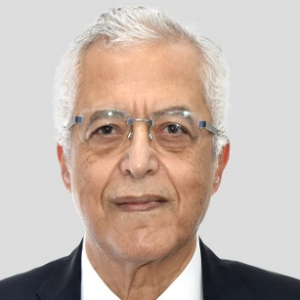Bioactive Agents & Differentiation Agents
A physiologically active substance is a chemical that participates in and influences living processes in a minor way. Vitamins and coenzymes, hormones, antibiotics, neurotransmitters, and cytokines are examples of biologically active compounds. They primarily regulate biological functions and are also being investigated as potential medicinal candidates. Bioactive agents can be integrated into polymers, which can be used in medicine delivery, commercial manufacturing of household goods, and biomedical device development. Bioactive compounds are placed into enzyme-responsive polymers in drug delivery systems, which can subsequently be cleaved by target enzymes. The release of therapeutic cargos is triggered by the activation of bioactive substances.
A substance that allows a cell to mature from an immature state to a mature state is known as a differentiation agent. A differentiation agent may help cancer cells grow and spread more slowly by allowing them to become more like normal cells. Differentiating agents are being researched for cancer prevention and treatment.

Nagy Habib
Imperial College London, United Kingdom
Lucie Bacakova
Institute of Physiology of the Czech Academy of Sciences, Czech Republic



Title : AI-integrated high-throughput tissue-chip for space-based biomanufacturing applications
Kunal Mitra, Florida Tech, United States
Title : Stem cell technologies to integrate biodesign related tissue engineering within the frame of cell based regenerative medicine: towards the preventive therapeutic and rehabilitative resources and benefits
Sergey Suchkov, N.D. Zelinskii Institute for Organic Chemistry of the Russian Academy of Sciences, Russian Federation
Title : In vitro evaluation of lyophilized Dedifferentiated Fat cells (DFAT) impregnated artificial dermis
Kazutaka Soejima, Nihon University, School of Medicine, Japan
Title :
Nagy Habib, Imperial College London, United Kingdom
Title :
Alexander Seifalian, Nanotechnology & Regenerative Medicine Commercialisation Centre, United Kingdom
Title : The regenerative medicine of the future
Marco Polettini, DVM, Italy